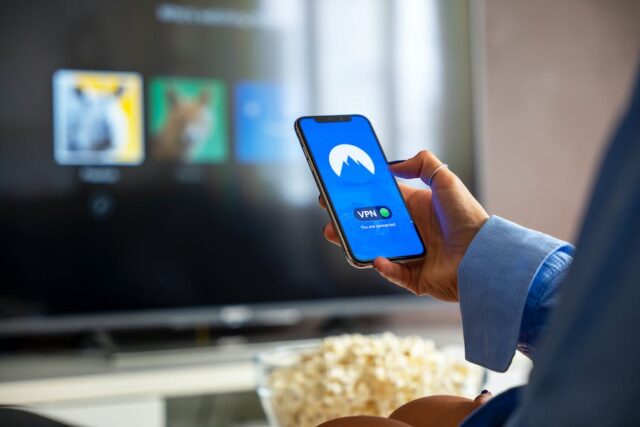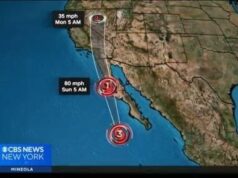The internet has undoubtedly transformed the way we live, work, and play, but it’s not without its challenges and risks. As we navigate the online world, we often encounter limitations and concerns that can hinder our digital experience. Enter Virtual Private Networks (VPNs), a powerful tool that empowers us to overcome these boundaries and enhance our online activities.
Unshackling Digital Freedom
As we navigate the internet, we often encounter obstacles that limit our access to the full spectrum of online content and services. The ability to access the entirety of the World Wide Web, safeguard personal information, and transcend geographical restrictions is a fundamental aspect of our online experience. However, there are various boundaries and obstacles that can hinder this freedom. Enter Virtual Private Networks (VPNs) – a versatile and indispensable tool that empowers individuals to unshackle themselves from these limitations and enjoy an unrestricted digital journey.
Accessing Restricted Content
One of the most common uses for VPNs is to access geo-restricted content. Whether it’s streaming services, websites, or apps that are not available in your region, a VPN can help you bypass these boundaries. By connecting to a server in a different country, you can access content as if you were physically located there.
Ensuring Online Privacy
Online privacy is a growing concern. ISPs, advertisers, and hackers can track your online activities, but a VPN can thwart their efforts. With your internet traffic encrypted, it becomes nearly impossible for anyone to monitor your online behavior. This leads us to the question, is a VPN safe?
On VPN Safety
The safety of VPNs largely depends on the provider and your usage. Reputable VPN services that follow strict no-logs policies and use strong encryption are generally safe. They protect your data from prying eyes and offer a secure online experience. However, it’s essential to choose a trusted VPN provider, as some free or lesser-known services may not be as reliable. Read reviews and do your research before selecting a VPN to ensure your online security.
Evading Censorship
In countries with strict internet censorship, VPNs become essential tools for accessing blocked websites and maintaining open communication. Activists, journalists, and citizens living under oppressive regimes often rely on VPNs to communicate and share information freely.
Cybersecurity Software And VPNs
VPNs and cybersecurity software go hand in hand in the digital realm. While VPNs primarily focus on securing your internet connection and preserving your online anonymity, cybersecurity software adds an extra layer of protection.
Malware And Antivirus Protection
Cybersecurity software includes features like antivirus and malware protection, which safeguard your device against malicious software. By combining a VPN with robust cybersecurity software, you can shield your digital world from both online threats and snooping eyes.
Firewalls
Firewalls are another critical element of cybersecurity software. They act as a barrier between your device and potential threats, monitoring incoming and outgoing traffic for any suspicious activities. By using a VPN alongside a firewall, you create a robust defense system for your online experience.
Enhanced Privacy
The use of a VPN not only hides your IP address but also secures your internet connection. When coupled with cybersecurity software, you can rest assured that your online activities are protected from prying eyes and potential threats.
Conclusion
In an age where our digital lives are increasingly intertwined with our real ones, it’s vital to safeguard our online experiences. VPNs are invaluable tools for bypassing boundaries, ensuring online privacy, and accessing content worldwide. When used in conjunction with cybersecurity software, they create a formidable defense against online threats. So, the next time you ponder, “Is a VPN safe?” Remember that the right VPN, when used responsibly, can be a game-changer in enhancing your online empowerment and security.














